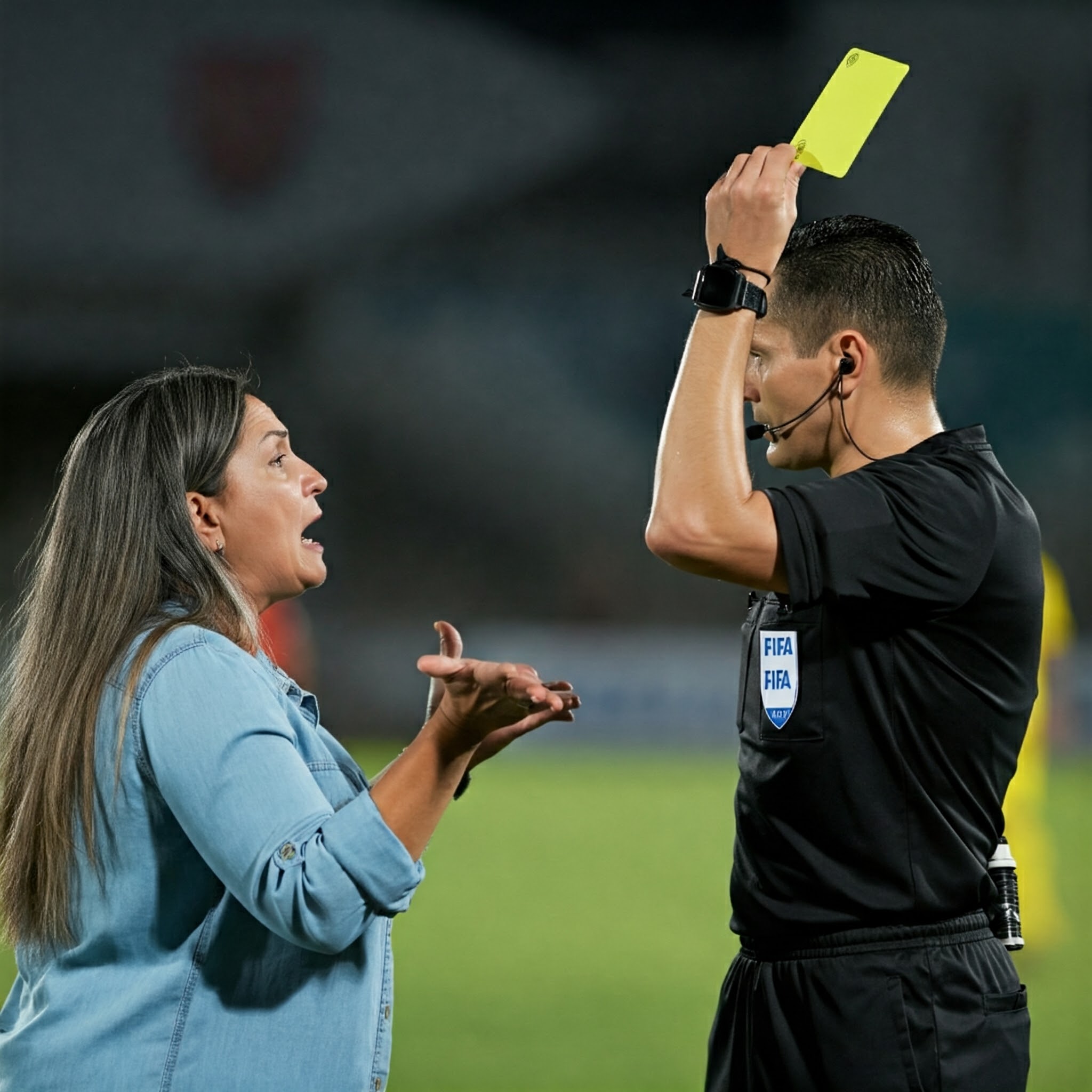
Introduction
Youth soccer is a fun and rewarding experience for kids and parents alike. It’s a great way for kids to learn new skills, get some exercise, and make new friends. However, there are a few things that parents should avoid doing in order to make the experience positive for everyone involved.
We’ve put together a list of the top 5 things youth soccer parents should never do. By following these tips, you can help your child have a great time playing soccer while also showing respect for the coaches, referees, and other players.
1. Yelling at Your Child During Games and Practices
It’s natural to get excited during your child’s soccer games and practices. However, it’s important to avoid yelling at your child. This can be confusing and upsetting for your child, and it can also make it difficult for them to focus on the game.
If you have something constructive to say to your child, wait until after the game or practice to talk to them calmly. You can also talk to their coach if you have any concerns about your child’s performance.

What to do instead:
- Offer encouragement and positive feedback.
- Focus on the effort your child is putting in, rather than the outcome of the game.
- Let the coach do their job of coaching your child.
2. Arguing with Referees
Referees are an essential part of any soccer game. They’re there to make sure the game is played fairly and safely. It’s important to respect their decisions, even if you don’t agree with them.
Arguing with referees can be disruptive to the game and it can also set a bad example for your child. If you have a concern about a referee’s call, talk to your child’s coach after the game.

Remember:
- Referees are human and they make mistakes.
- Arguing with a referee will not change their decision.
- Your child is watching your behavior.
3. Overstepping with the Coach
Your child’s coach is responsible for making decisions about the team, such as which players will start and what positions they will play. It’s important to respect the coach’s decisions and avoid overstepping your bounds.
If you have a concern about your child’s playing time or position, talk to the coach privately after the game or practice. Avoid giving your child conflicting instructions or coaching them from the sidelines during games.
Keep in mind:
- The coach has a plan for the team.
- Your child will benefit from learning to take direction from a coach.
- Open communication with the coach is key.

4. Coaching from the Sidelines
It can be tempting to coach your child from the sidelines during games. However, this can be confusing and overwhelming for your child. It’s important to let the coach do their job and avoid giving your child conflicting instructions.
If you have something constructive to say to your child, wait until after the game to talk to them. You can also talk to their coach if you have any concerns about your child’s performance.
Instead:
- Cheer for your child and their team.
- Offer positive encouragement.
- Let your child focus on the game.
5. Putting Too Much Pressure on Your Child
It’s important to remember that youth soccer is supposed to be fun. Avoid putting too much pressure on your child to win or to be the best player on the team. This can take the fun out of the game for your child and it can also lead to anxiety and burnout.
Let your child enjoy the game and focus on having fun. Encourage them to do their best and to always try their hardest.
Remember:
- Your child is still learning and developing.
- Mistakes are part of the learning process.
- The most important thing is that your child is having fun.
Conclusion
Being a supportive youth soccer parent involves more than just cheering from the sidelines. It’s about fostering a positive environment for all participants. Be respectful of coaches’ decisions and avoid questioning their strategies during the game. Cheer for your child’s team and avoid making negative comments about the opposing team or referees. Remember, young athletes are more likely to thrive when they feel encouraged and supported, not pressured to perform. By modeling good sportsmanship and respect for everyone involved, you contribute to a healthier and more enjoyable youth soccer experience for all.
By following these tips, you can help your child have a positive experience playing youth soccer. Remember to be respectful of the coaches, referees, and other players. And most importantly, let your child have fun! Also, check out the amazing benefits of youth soccer here.
Discover more from
Subscribe to get the latest posts sent to your email.
